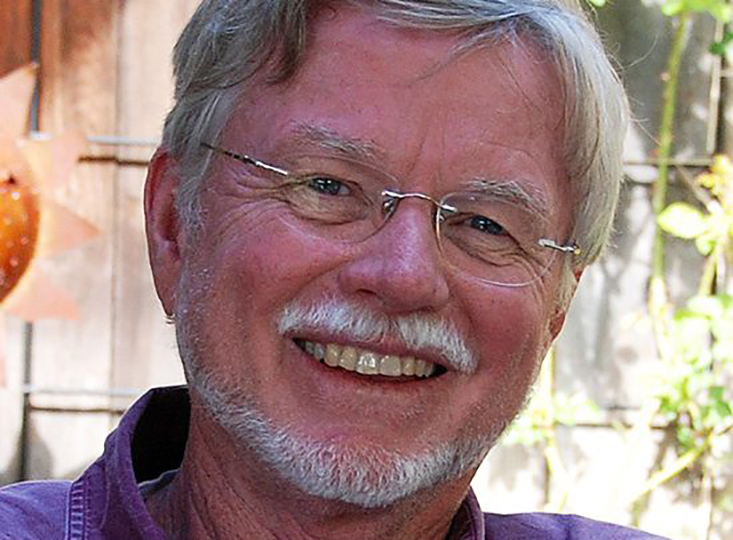Written By: Sean Beckwith, PhD student
ST. PETERSBURG, FL – “Back away from the barrier islands,” Dr. Albert Hine urged county commissioners in the past here in the Tampa Bay region.
Also known as ‘Retreat from the Beach’, scientists have repeatedly stated that extensive permanent structures should not exist on barrier islands because they are, on long time scales, temporary bodies of land that change shape and even disappear or migrate due to fluctuations in sea level, currents, and wave patterns. Even more pressing, category 5 hurricanes are incredibly destructive and costly to areas where extensive infrastructure exists on the beach.
Catastrophic events like hurricanes were Al Hine’s focus throughout most of his career when speaking publicly before elected officials and policy makers concerning the beach issue. Ironically, though, it has been Sea Level Rise (SLR) that has recently captured the attention of most decision makers. A much more gradual issue than hurricanes, SLR seems to be viewed as a more certain one. Al Hine and colleagues have written an engaging and very informative book on this issue called Sea Level Rise In Florida: Science, Impacts, And Options. It is, as the title suggests, recommended reading for every Floridian.
Regardless of which natural deterrent draws the most attention, Al Hine would be glad to see any method successfully prevent people from further building out the beaches. Taxpayer burdens from storms could be reduced, and he feels that barrier islands should be developed mostly as public recreational spaces with minimal infrastructure beyond that needed to enjoy a day-trip to the beach. Beachfront living and vacationing continues to be extremely popular and lucrative, so turning high-rise properties into meadows of sea oats and palm trees is decidedly a long-term goal. Any major storm event to make landfall on the Tampa Bay area, though, will likely begin to change the minds of developers and residents alike. Drawing on his 40 year career, Al offers this life lesson as admonition, “I’ve moved away from telling people what they should do and instead to explaining the science to inform decision making.”
Al Hine began at the College of Marine Science in 1979 when the Florida legislature allocated 8 new faculty positions for what was then the Department of Marine Science within USF’s College of Natural Sciences. Outside disciplines are desirable in marine science because they bring ingenuity to the field. Al joined as a geologist and began teaching classes in geological oceanography, eventually focusing on marine sediments, continental shelf processes, and seafloor features like reefs and other hard bottom structures where life in the ocean congregates. Al was awarded the national Shepard Medal for sustained excellence in marine geology in 2009. Dr. Francis P. Shepard is considered the father of modern marine geology. Recently, Al published a book, Geologic History of Florida: Major Events that Formed the Sunshine State, which explains the geological processes in a way that is applicable to college students and to intriguing minds of all ages.
Another frequent subject of Al’s research career was related to carbonate rocks and the principles that allow scientists and engineers to discover oil reserves within them. Thinking often about the subject of oil and gas exploration, Al put pen to paper and recently published a column in the Tampa Bay Times entitled, “In the long term, Florida offshore oil drilling is simply irrelevant.”
Present onshore oil wells in Florida are tiny, accounting for just 0.05% of US crude oil production. Further offshore, as Al writes, there may be something worth exploring but there is simply no guarantee. The oil reserves in question are an unknown, and the only thing that we know for certain is that it would take an enormous effort to extract that oil, he suggests. According to Al, the debate over Florida offshore drilling is irrelevant because of the high cost of extraction, the cost of environmental damage that will likely result, and because other viable energy sources will someday replace oil and gas. In the article, Al also recognizes that the energy companies’ are the ones best poised to lead the transition to renewables, and indeed, they have already begun.
“Explaining science to the public is kind of my mission now,” stated Al Hine. He admits that he still wrestles with how much of the science to explain. How much is too much before you lose your audience? And, how much is enough to get the point across without sounding like you’ve just made something up? The key, he suggests, is to make it interesting and to explain science in such a way that your listener doesn’t hear ideologies.
